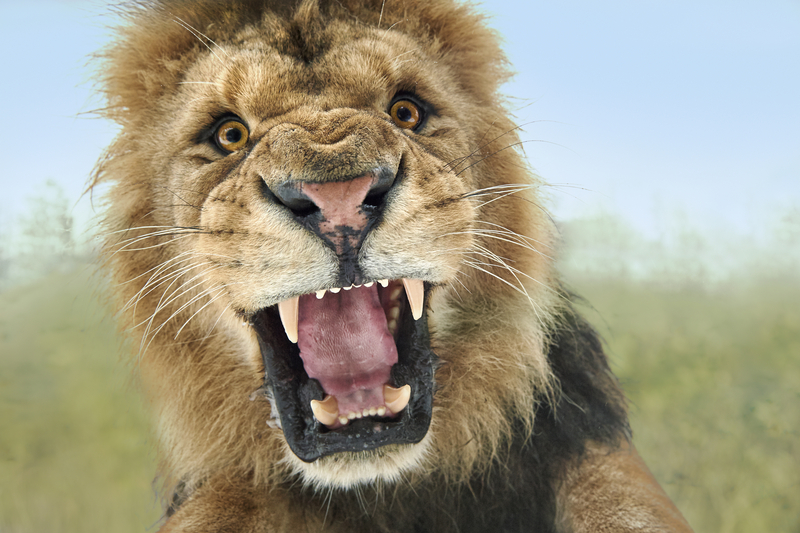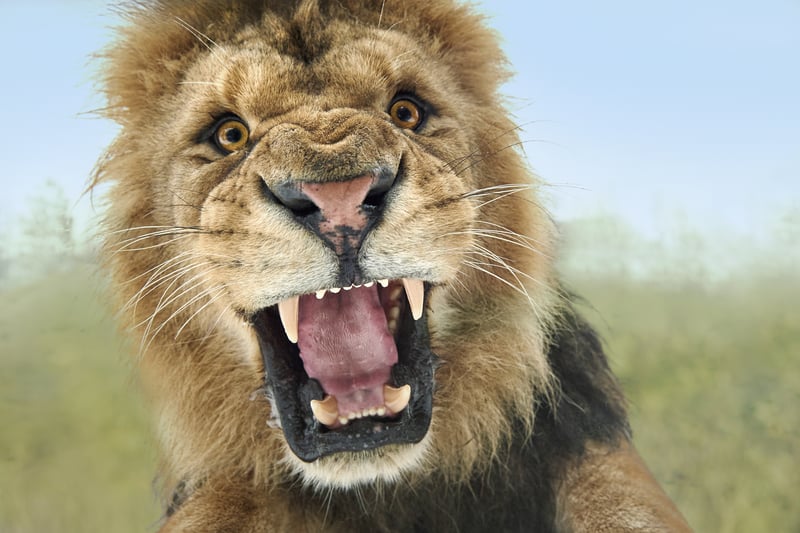
WEST MILFORD, NJ – There was once when visitors to a now-defunct New Jersey animal safari could get up close and personal with lions.
Decades after its closure, the remnants of Jungle Habitat, a Warner Brothers-operated African safari theme park, continue to intrigue and disturb. The park, active in the mid-1970s near the New York state border, has left a legacy of eerie tales and environmental concerns.
This story is more relevant today after a woman recently entered a lion enclosure in South Jersey and got out in one piece. Fifty-plus years ago, it was a different story.
Editor’s Note: This article provides a historical perspective to an event and place in New Jersey’s history.
In 1972, a man got out of his car and was attacked by a lion. That man survived, but it was the beginning of the end for the troubled venture.
Earlier this year, the guys at WeirdNJ visited what is left of Jungle Habitat. According to WeirdNJ, a visitor’s mauling ended the beginning of Jungle Habitat.
Opened with fanfare, Jungle Habitat promised an up-close experience with exotic wildlife. However, it faced challenges leading to its abrupt closure in 1976. Reports of animals attacking park-goers’ vehicles and escaping into West Milford’s wilds were part of its troubled history.
Post-closure, the fate of the animals became a subject of speculation and horror. Many were reportedly left to fend for themselves, resulting in numerous animal carcasses found in the surrounding woods. This neglect raised questions, but many felt these were just rumors after many animals in the park could not be relocated and euthanized.
Some locals say the company left the animal carcasses to decay in the woods, but there is no solid evidence of this.
Today, the park’s overgrown structures, including ticket booths, reptile houses, and souvenir shops, are a magnet for urban explorers. These decaying relics tell a story of a bygone era of entertainment and its consequences.

Shortly after the park closed, rumors of sightings of non-native species like monkeys and kangaroos in the area suggested that some animals living as feral populations may have survived. Like other rumors surrounding the park, those were never validated.
The park shut down four years after it opened. You can learn more about the safari here.

